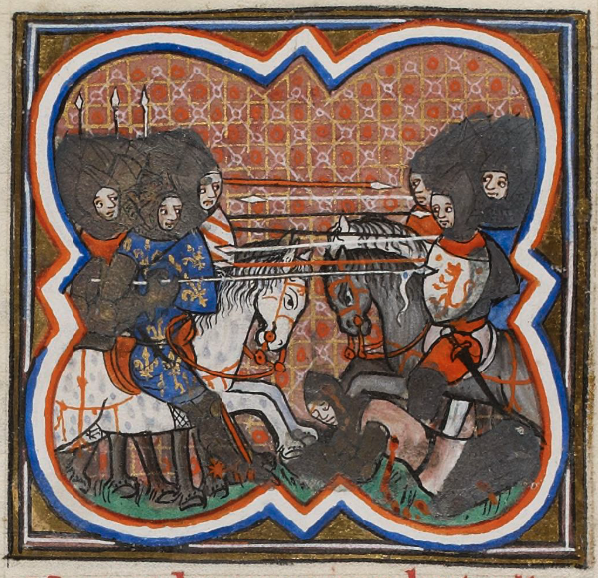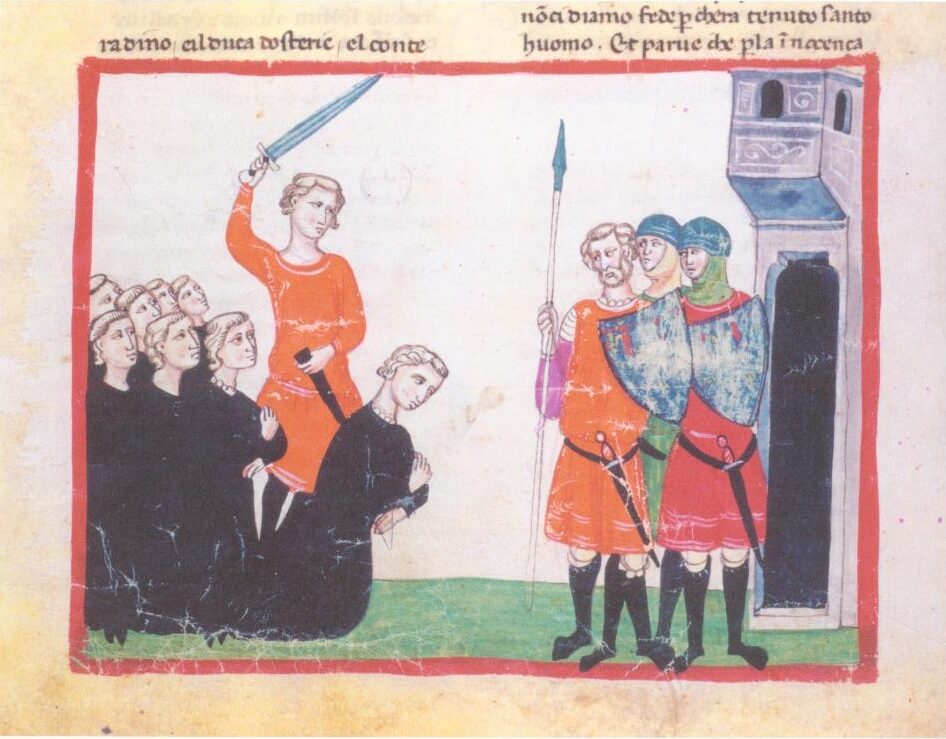Adolescence
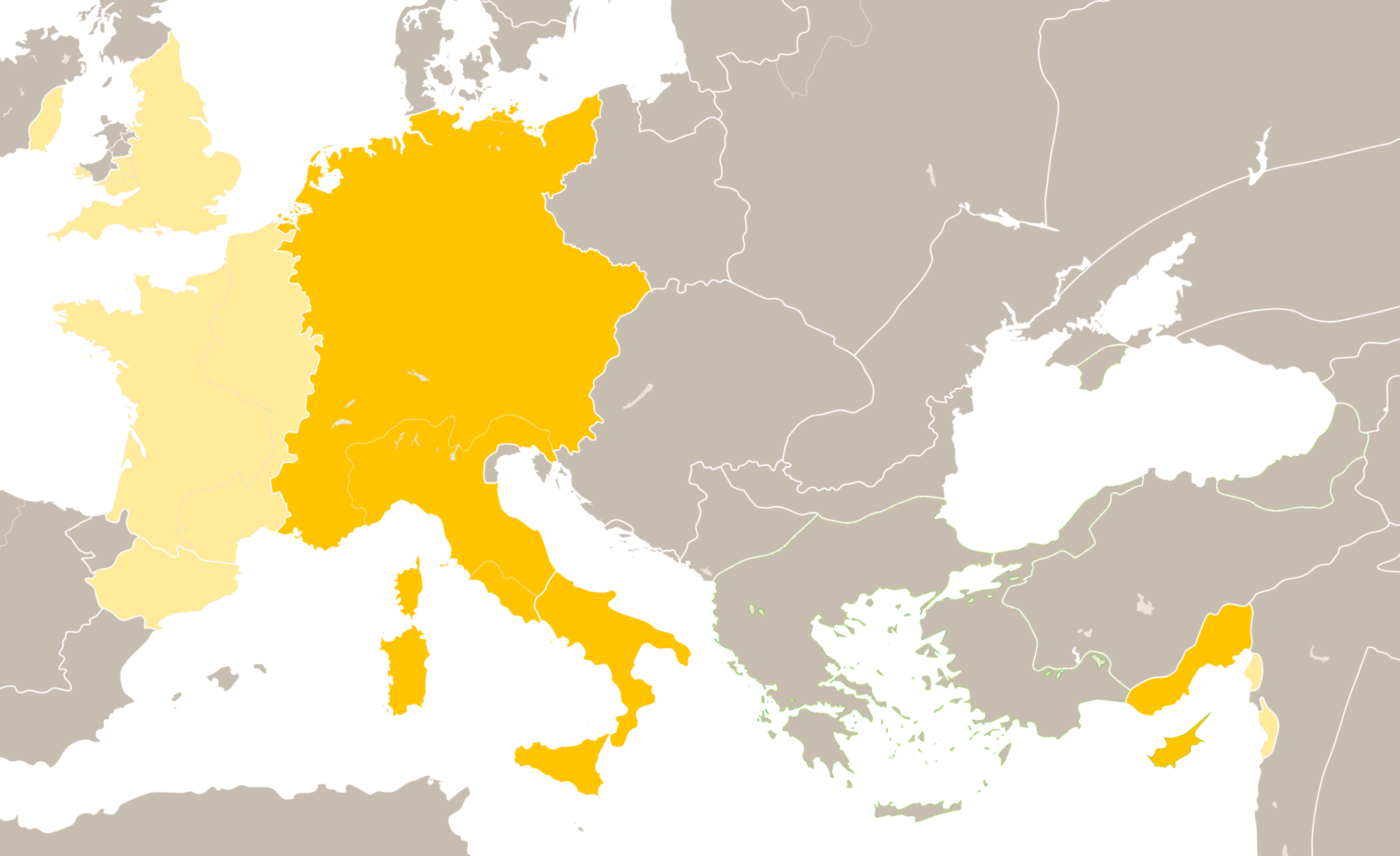
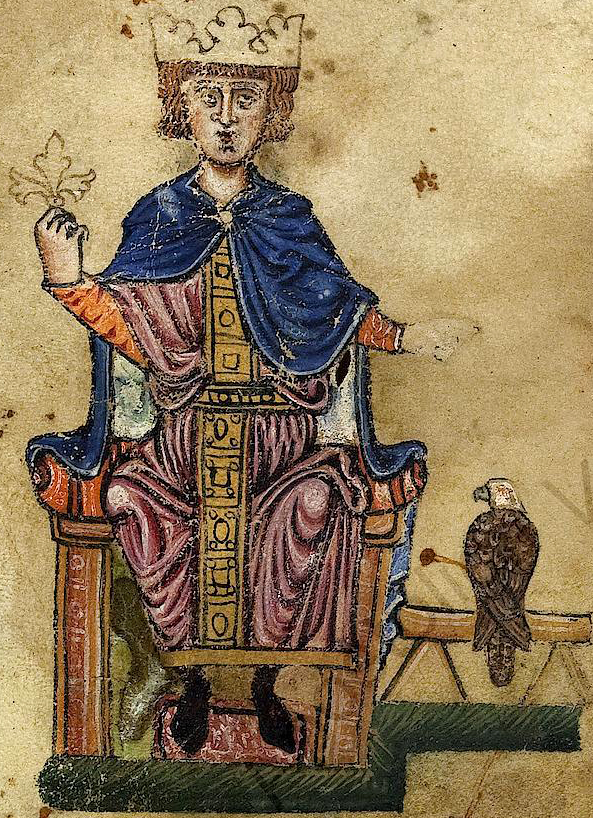
Under the umbrella of the Holy Roman Empire, Naples continued to play a role as an important commercial hub of naval trade, in essence the most important civic center of south mainland, second after Palermo in the kingdom of Sicily. When Henry VI died, his son and heir Frederick II was underaged. By the time he came of age to rule in 1208 the barons of the south had taken much of the power and weren’t willing to let a 14-year-old boss them around in their own country. Frederick’s problems became worse with the arrival on the scene of a new German Emperor, Otto of Brunswick, of the Welf dynasty who claimed the Sicilian Throne. Naples sided with Otto while Pope Innocent III, although initially on the side of the Welfs, changed sides and accepted young Frederick II when Otto moved to appropriate Sicily. The Pope aided Frederick’s cause by excommunicating Otto and absolving his subjects from their duty to their ruler. This helped Frederick win the support and ultimately the military victories that made him an uncontested ruler by 1218. Relations between Neapolitani and Frederick really changed when the monarch visited the city between 1220 and 1224. The emperor was impressed by it, and promoted important restoration works. A man of great culture, he created a strong central power for his kingdom, reorganized public administration, justice, the army, commerce; Above all he loved to surround himself with poets, philosophers and writers, and gave the city of Naples the first secular university in history which soon acquired great international prestige, equaled only by the universities of Paris and Bologna. The local barons who continued to claim independence were sidelined and their power over the people diminished. In 1240 the Castel Capuano was adapted as a royal residence for the periods in which the Sovereign moved from Palermo to Naples.
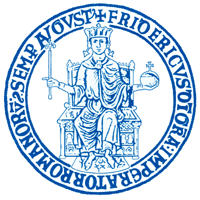
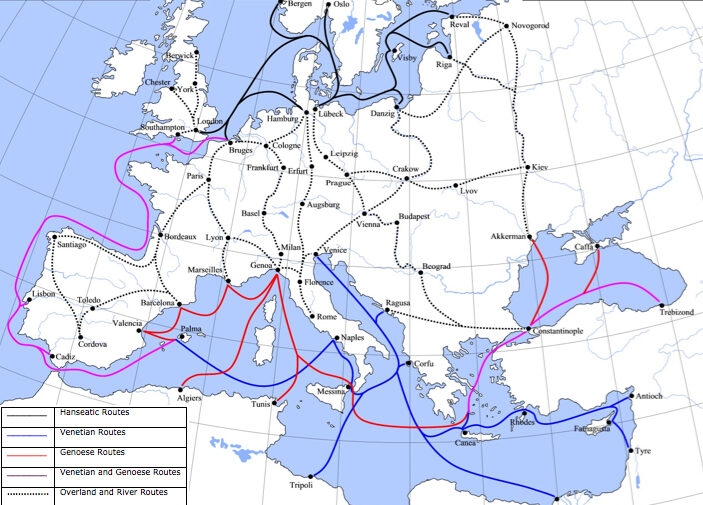
With the rivalry between Popes and Emperors and their supporters, the Guelfs and the Ghibellines raging across Italy in the first half of the 13th century the situation in the Sicilian kingdom had been relatively stable and Naples found its maritime trade prospering, especially linen and silk exports which grew to unprecedented levels. The city’s shipyards and craftsmen were among the main beneficiaries. The situation changed in 1250 with the death of Frederick II. The Pope’s agents readied Naples and other important centres for revolt; it was time to liberate themselves from the German Emperors. Naples declared itself a free city under the sovereignty of the Pope. Sicily and Germany had passed from Frederick to his son Conrad IV with his half-brother Manfred acting as regent. Manfred managed to subdue numerous rebel cities but not Naples which held strong until 1253 when Conrad IV arrived from Germany at the head of a large army. The desperate Neapolitans, were starved to submission. Pope Urban IV, was determined to put an end to the Emperor’s rule in Italy. His envoys were sent to Paris to negotiate with the French King the for his youngest son Charles I of Anjou to take over the Sicilian throne. Charles was crowned king in Rome on 5 January 1266 and immediately marched towards Naples. Manfred’s army was completely routed in a battle near Benevento and he himself was killed on the field. The road to Naples was now wide-open and the occupant of the throne became equally clear with Manfred’s entire family into French hands. A new era of French rule had just begun.
